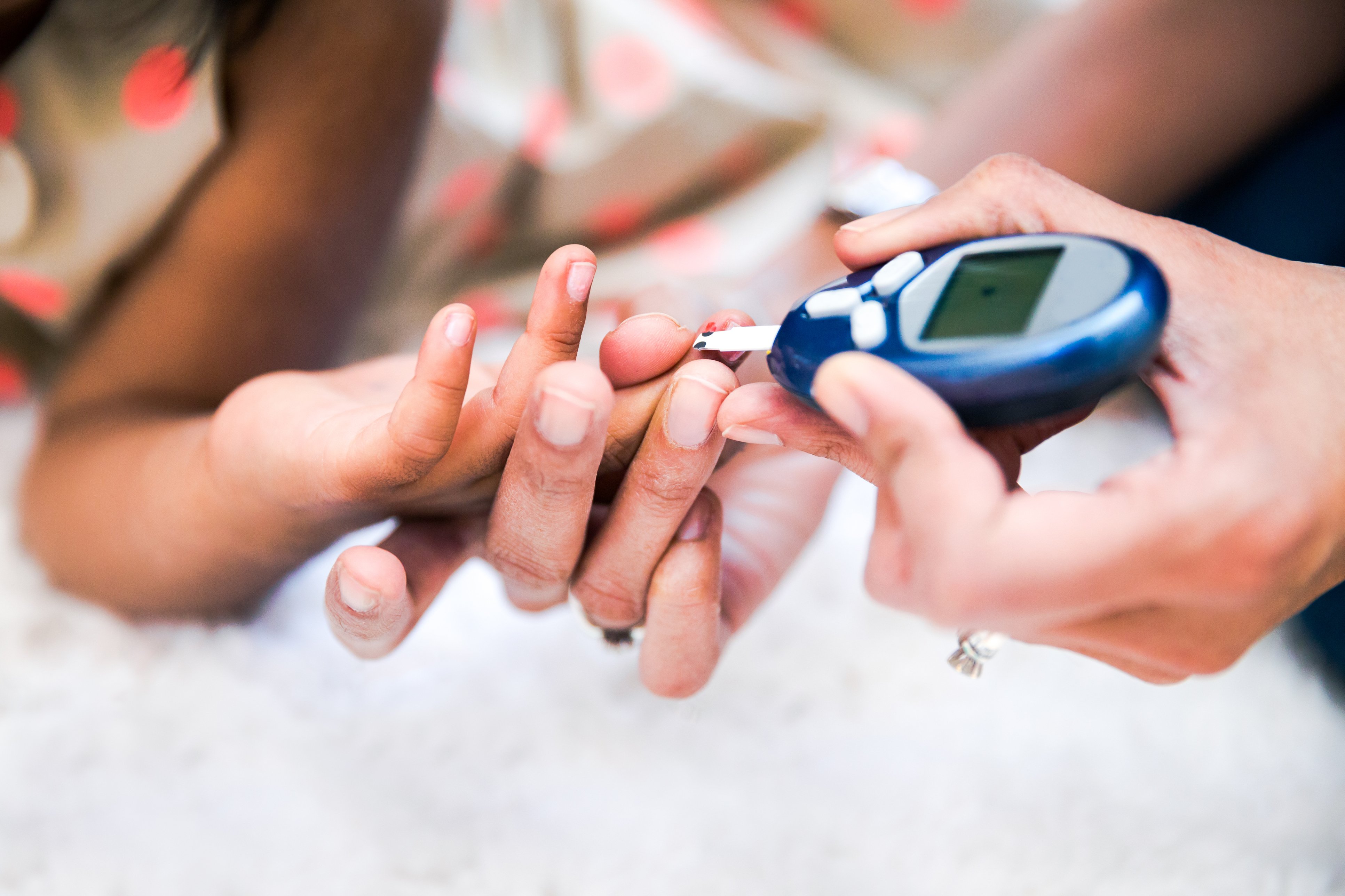Starting school is an exciting time for both children and parents. Children will spend most of their day away from home and their parents’ watchful eyes. Because children cannot be expected to understand their diabetes treatment fully until late childhood and early adolescence, some planning is needed to support them at school.
Normal developmental patterns in the early school years include:
- Learning to solve concrete problems logically
- Further development of social skills (friends begin to take on more importance)
- Learning to play by the rules and thrive in a structured and supportive environment (when children know the rules and can gain appropriate skills in a fun way, they develop a positive self-image)
Blood sugar targets
Diabetes care in children younger than six involves a balance between what is ideal — close to normal blood glucose (sugar) readings — and what is safe and practical.
The target range for school-aged children is to achieve a pre-meal blood sugar level between 4 and 10 mmol/L. This range allows good blood sugar control while reducing the risk of severe “low blood sugar” (hypoglycemia). A tighter range of blood sugar targets could lead to severe hypoglycemic episodes because infants and toddlers cannot yet recognize the symptoms of hypoglycemia. Repeated episodes of severe hypoglycemia in these children may lead to mild intellectual or learning impairment later in life.

Impact of diabetes on school-aged children
The main caregivers often must share expertise not only with the child but with other responsible people such as teachers, sports coaches, babysitters, and daycare staff.
School-aged children with diabetes may feel different from their peers. This can lead to considerable distress. Classmates may tease them about their finger pricks and needles if on insulin injections. Ask children about their day and check for any things that might be bothering them.
Talking together can reassure them that you understand and can help find a solution. Be sure your child has an appropriate understanding of diabetes. Encourage them to participate in school and other activities in the same way other children do. Of course you need to plan, but if your child is left out from these activities, it can affect their self-image.
Various community programs can help parents improve their skills and confidence to manage their school-aged child’s distress. Members of your child’s diabetes team can also provide support.
On weekends your child may ask to go on sleepovers or overnight trips. With a little bit of planning and communication, you can meet these wishes.
Children and snacking
When your child skips snacks at school while taking insulin
Sometimes children, especially younger ones at school, forget to eat their snacks. In general, at this age children have no concept of time and playing in the schoolyard is often more important than eating a snack. If this is a problem, it is reasonable to ask your child’s teacher to remind them when it is time to have their snack.
If the snack is interfering with play, consider something fast and easy to eat, such as a few raisins instead of an apple. Or, if necessary, ask the teacher to give the snack in class just before the recess break.
When your child is taking insulin and wants extra snacks
Some children may ask you over and over for snacks outside of their regular meal and snack time. It can become difficult for parents to keep saying no.
If extra carbohydrate snacking happens often, consider discussing with your child's diabetes team a revision of your meal plan to accommodate your child’s needs. Have carbohydrate-free food as another option for non-scheduled snacks.
How much responsibility should your child have if they are taking insulin?
Your child may become quite skilled at doing finger pricks and giving their own injections. However, at this age, it is still best for you to take most of the responsibility for injections.
If your child loses interest in giving injections, this is all right.
If your child wants to go on a sleepover they will have to show you, a little in advance, that they can safely manage this task.

